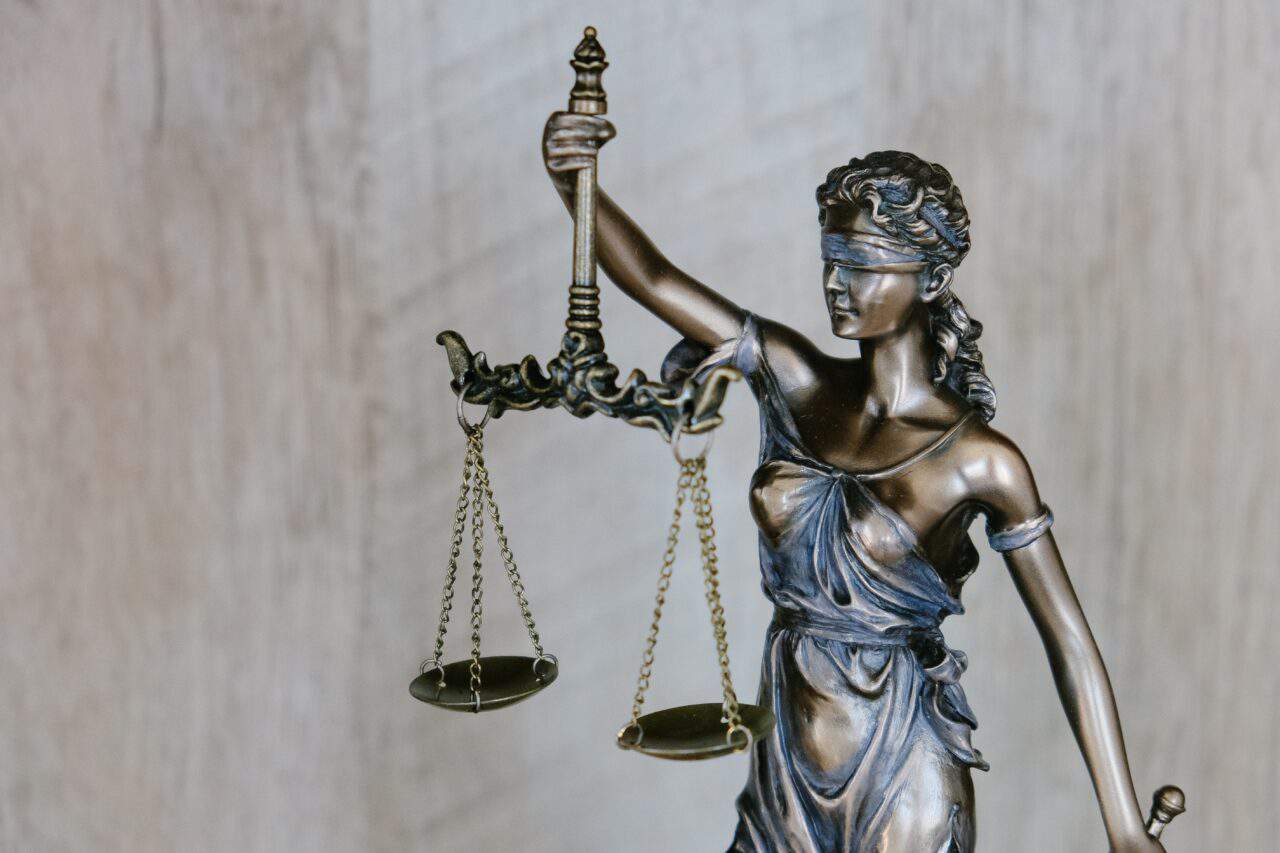Table of Contents

Source: https://unsplash.com/photos/DZpc4UY8ZtY
Let’s take a journey into the wild and verdant world of herbal products. Now, while these green goodies have been a go-to for many since, well, forever, promoting them isn’t just about pretty pictures and catchy jingles. Nope, there’s a whole backdrop of legalities at play!
We’re talking about rules that ensure Aunt Carol isn’t promised that a cup of tea will give her superpowers (unless it’s the power of relaxation, of course!). Dive in with me as we explore the fascinating intersection of nature’s bounty and the law when it comes to shouting out about our favorite herbal wonders. Buckle up; it’s going to be a herb-tastic ride!
Law and herbal products
If you’re diving into the world of herbal products and want to throw some marketing magic on them, there are a few legal hoops you gotta jump through. And yep, our buddy CBD has its own unique set of rules. So, let’s spill the tea (herbal, of course)! ☕🌿
- Safety First!: Before you shout from the rooftops about your product, make sure it’s safe. Some countries have regulatory bodies (like the FDA in the U.S.) that’ll need you to ensure your product won’t harm anyone. If they haven’t approved it, you might be in for a rough ride.
- No Wild Claims: This one’s a biggie. You can’t just say, “This herb will make you immortal!” (or other wild health claims). Even if your grandma swears by it, unless it’s scientifically proven and allowed by regulatory agencies, keep it on the down low.
- Local Laws Matter: If you’re selling in multiple areas or countries, it’s not a one-size-fits-all deal. What’s a chill in one place might be a no-no in another. This is super true for CBD. In some spots, you can sell it freely; in others, there might be restrictions or outright bans. Know your zones!
- Label It Right: Honesty’s the best policy, especially with ingredients. Clearly list what’s in your product, especially the concentrations. For CBD products, folks will want to know if it’s full-spectrum, broad-spectrum, or CBD isolate. And oh, if there’s any THC (even tiny amounts), make it clear.
- Stay Updated: The herbal and CBD landscapes are ever-changing. What’s okay today might face new regulations tomorrow. So, always have your ear to the ground (or, y’know, subscribe to legal updates).
- Engage with Communities: Before going all out, engage with herbal and CBD communities. They’ll offer insights into what’s acceptable, and what’s frowned upon, and might even share some of their own legal hurdles.
What should a consumer check before buying?
So you’re diving into the lush, green world of herbal products? 🌿✨ That’s super cool, but before you go sprinkling turmeric on everything or soaking in a chamomile bath, let’s make sure you’re getting the good stuff and not some herb-like imposter. Here’s your handy guide:
- Ingredients Breakdown: Always check the label. What’s in this product, and in what quantities? If the product’s called “Ginger Magic,” but ginger is the last ingredient on the list, that’s a red flag.
- Reviews Are Golden: Before buying, see what others are saying. Did the product work as promised? Any weird side effects? Sometimes a review can save you from a not-so-great buy especially when you’re buying Delta 9 gummies.
- Where’s It From?: The source of the herb is essential. Was it sustainably harvested? Is it organic? Knowing the origin can give insights into its quality.
- Expiration Dates: Herbs don’t last forever, and their potency can decrease over time. Ensure you’re getting fresh stock.
- Certifications Matter: Especially for products claiming to be organic or free from certain chemicals. Certifications mean they’ve passed specific tests or checks.
- Check The Brand: Is the company known for its herbal products, or did they just hop onto the herbal bandwagon? Brands with a history or specialization in herbal products might be more reliable.
- Beware of Grand Claims: If a product promises to cure all illnesses, make you lose 20 pounds in a week, or turn back time (sorry Cher), be skeptical.
- Know the Interactions: Especially if you’re on medication. Some herbs can interfere with meds or have unwanted side effects. When in doubt, a quick chat with a doc or pharmacist can clear things up.
- Packaging: Light and air can degrade herbal potency. Dark glass bottles or sealed containers are generally a good sign.
- Price Point: While we all love a bargain, if an herbal product’s price seems too good to be true, it might be. Authentic, quality herbs can be costly to produce.
Finally, always trust your instincts. If something feels off or too gimmicky, it might be worth doing a bit more digging. After all, this is about your health and well-being. So go on, dive into the herbal world, but with your eyes wide open and this checklist in hand!




